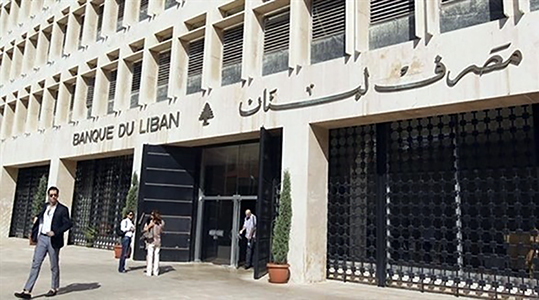Central Bank of Lebanon Governor Riad Salamé revealed to "Reuters" that the central bank has $20 billion in hard currency.
Salamé had announced the provision of foreign exchange to the importers of basic food industries and manufacturers, at a price of 3,900 liras to the dollar. With this decision, the price of importing wheat, medicine, and petroleum products such as gasoline remains at 1,500 liras to the dollar, but the dollar for importing the components of the "subsidized" food basket will be provided at 3,900 liras, instead of the previously approved 3,200 liras.
The Banque du Liban is trying to organize the purchase of dollars for food industries, so that its savings are made within the banking sector rather than resorting to the black market.
This announcement comes in the midst of a financial crisis that is the worst in Lebanon's recent history, as the economic, financial and living crisis in Lebanon quickly spiraled out of control, driven by the currency collapse that led to the destruction of companies and the dumping of families in a state of need, according to a report prepared by the American "Bloomberg" network. The government had asked the International Monetary Fund to help fix its financial situation and restore confidence, but talks were stalled due to disputes between politicians and bankers over the size of the losses, until two Finance Ministry negotiators, one of them Director-General of the Ministry of Finance Alan Biffany, resigned amid calls from the Fund of the Lebanese for working together and unifying their negotiating position.
Source (Al-Arabiya.net website, Edited)

